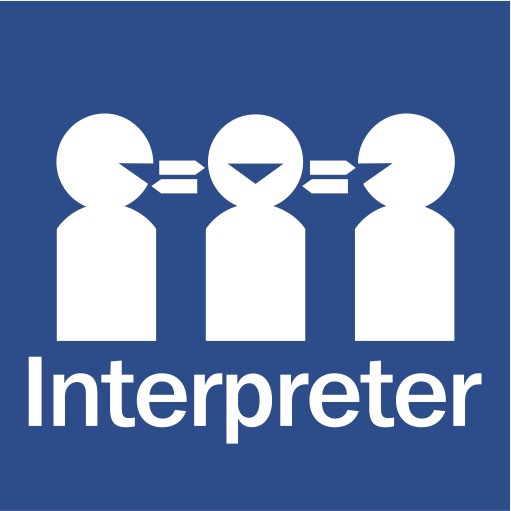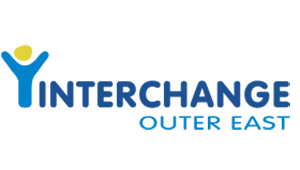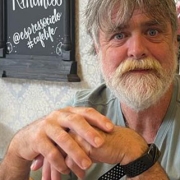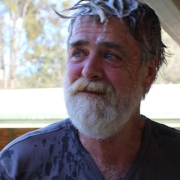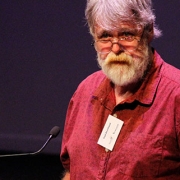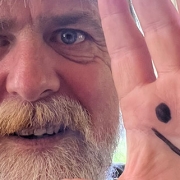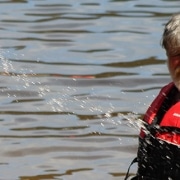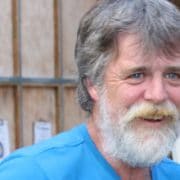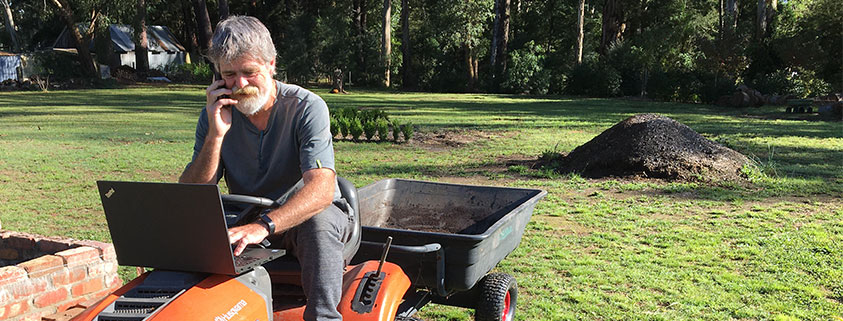I’m writing to inform you of changes to the pricing structure within NDIS and the implications for families and Interchange Outer East (IOE). They will mean significant changes to how we price and invoice all groups and, how we operate, price and invoice recreation services.
These changes are challenging; first to comprehend them and secondly, the affect they will have on the essence and culture of IOE. Whilst we have always operated within the guidelines of pricing or funding amounts; we have always worked collectively to ensure as many families as possible were able to access the support and services needed. It was important that we treated all families and individuals equally with dignity and respect. We shared the resources we had and squeezed them as hard as possible to maximise opportunities for people involved in our services. If we needed to do the extra (meetings, spending time on the phone, catch ups) to ensure it worked for all, that was what we did. It was based on developing relationships and a sense of partnership.
Times have changed and whilst the positives of NDIS can be objectively defined, the reality of enabling economists to design the scheme is having an effect. Now the NDIS is rolled out, phase 2 begins: Reducing the NDIS spend, independent assessments, actuarial costings, and the ultimate indignity – turning people into economic units. Now, we as an agency are encouraged to think of families and people as widgets and the more widgets you process the more income you receive. The more efficiently you can deal with the widgets, the greater your margin. You can make money from the widgets in the NDIS which is the why there are many for-profit companies and sole ABN traders working the system – money!
The changes:
From 1 July 2021 the NDIS will be removing group based prices from their price guide. Whilst they are making this change under the guise of improved transparency it seems more likely that this step is being undertaken because they:
- have no idea of what goes into group based pricing;
- don’t like groups; and
- wish to transfer the responsibility for pricing from their remit to families and providers.
With no pricing structure for groups the NDIS will continue to set the 1:1 price for support costs. This price includes the face-to-face support and the administrative functions including booking and rostering of staff, training and education, payroll processes, supervision, payment claims, etc.
For group based support the NDIS require organisations to divide the number of participants in the group by the number of staff, e.g. three participants, one staff = 1:1 support cost divided by three).
In addition to the support cost they have introduced three additional pricing structures to be implemented to cover the costs of providing group based services.
1. Non-face to face charges
These charges are costs incurred by organisation in the running of group based supports. They may include activity planning and booking, activity set up and pack up, development and maintenance of support information as well as medication, team meetings to support an individual’s participation and outcomes, purchasing of tickets, emergency management plans, etc. These charges will change in accordance with the level of work involved in setting up the service. For example a group that goes swimming at the same pool on the same day and time each week will have less non face-to-face charges in comparison to a community access program that attends a different venue each week.
2. Capital Charge
To cover the cost associated with the provision of a venue for the activity. For example, the cost of a campsite for a weekend, hire of a hall to provide an activity, rent on a building used as a base for activities, etc.
3. Program of Support
Provides a series of activities within a set period (maximum 12 weeks) and provides a cost for each activity. This assumes people sign up for all the activities offered within the program of support. It removes the cancellation component of the service enabling the group to continue irrespective of people being absent from some of the activities. For example, if we offer a 10 week swimming program as a program of support you commit to all 10 weeks of the program. If you cannot attend one week, you will still be charged as if you attended. This brings them into line with how most community run groups operate; pay by the term.
At this stage we are unsure about how the use of STA for 24 hour + services will be affected by these changes. Given the STA price incorporates a capital charge and possibly some non face-to-face charges (the NDIS do not disclose this) we will have to wait for further details. However STA bookings can be incorporated into a program of support and that will affect our recreation and House Intensive services in particular.
What does this mean?
- Day services and House Intensives will become programs of support
- Invoices will be different. Broken into:
- Support costs
- Non face-to-face costs
- Capital costs (if applicable)
- Recreation services will need to be totally redesigned to move towards permanent groups as a program of support rather than an activity-by-activity application process (except school holiday programs).
- If we need to do the extra bits (care plan meetings, team meetings, letters, reports, etc.) to make the service work – we now need to charge to ensure we remain viable.
No More Chocolate Cake?
Whilst it relates to the need to charge for the extra bits, we always had the capacity and ability to waive fees and costs because it was important for us to support families first.
- Can’t afford the camp fee for your three children?
- Can you bake instead?
Chocolate cake economics worked well for me – at one camp we ended up with nine chocolate cakes. Whilst my blood sugars thank the NDIS I hope we can get back to a service system that is less based on cash and more based on providing people with the support they need.
And more chocolate cake!
Regards,
Fred Brumhead, CEO
Interchange Outer East
